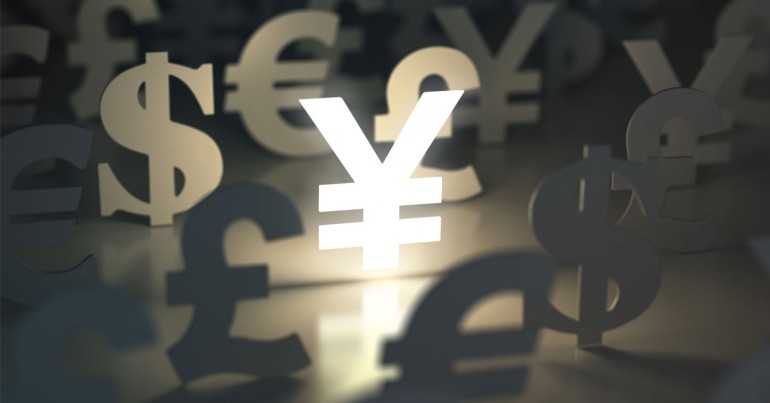
Changing moods
Financial markets have a tendency towards the binary; investors either love or loath a currency, they buy it or sell it, opinions are black or white but seldom grey. In the last several days that has been most obvious in attitudes to the Japanese yen. A week ago investors were inclined to dismiss the bluff and bluster of Donald Trump and Kim Jong Un as just that. Neither of them was about to start a nuclear war so there was no need to stock up on the “safe-haven” yen.
Less than seven days later they leapt in the opposite direction after Mr Kim announced that Mr Trump’s threats and actions amounted to a declaration of war by the United States against North Korea. (Technically, North Korea is already at war with South Korea, as it has been since 1950.) Do investors now expect there to be a war? Most probably not but, given the leaders involved, it doesn’t require a giant leap of imagination to envisage something kicking off by accident or through miscalculation. More importantly, if the yen – or whichever currency – is moving, investors want to avoid being left behind. They don’t have to believe the argument to get in on the action. The Japanese currency strengthened by one and a half yen on the day for a weekly gain of 0.4%.
Interpretations can vary
On Monday the president of the European Central Bank and the president of the New York Federal Reserve spoke of inflation. The ECB’s Mario Draghi was “becoming more confident that inflation will eventually head to levels in line with our [2%] inflation aim” while the Fed’s Bill Dudley expects inflation to “rise and stabilise around the [Fed’s] 2% objective over the medium term”. So far, so much in agreement.
But wait: In Mr Dudley’s opinion this means the Fed “will likely continue to remove monetary policy accommodation gradually”. Sig. Draghi, on the other hand, reckons “a very substantial degree of monetary accommodation is still needed”.
Investors took the two gentleman perhaps too literally: the number of dollars in circulation will fall and US interest rates will rise while the ECB keeps euro rates close to zero and continues to print money. Ergo the euro must fall against the dollar, as it did by one and a quarter US cents over the week.
The British prime minister gave a speech to EU leaders in Florence, outlining the government’s wish list for Brexit. Investors were happy to see that Downing Street wants a transition period between the official leaving date in March 2019 and the eventual dissolution of all political and legal links between Britain and the EU. There was relief that the dreaded “cliff-edge” may be avoided.
Or would it? Theresa May also reiterated her mantra that “no deal is better than a bad deal”. Whilst that may indeed be true in the long run, investors worry that Britain could end up with exactly that unless the negotiators on both sides get their skates on. In the aftermath of Mrs May’s speech the pound ran out of steam and it was unchanged, on average, for the week.
Sarah, Senior Account Manager at Moneycorp
Moneycorp is one of the largest international payment companies supporting over 90 currencies. Last year Moneycorp traded over £22.6 billion worth of international money transfers. Find out how Moneycorp can help you with your international transfer here.





